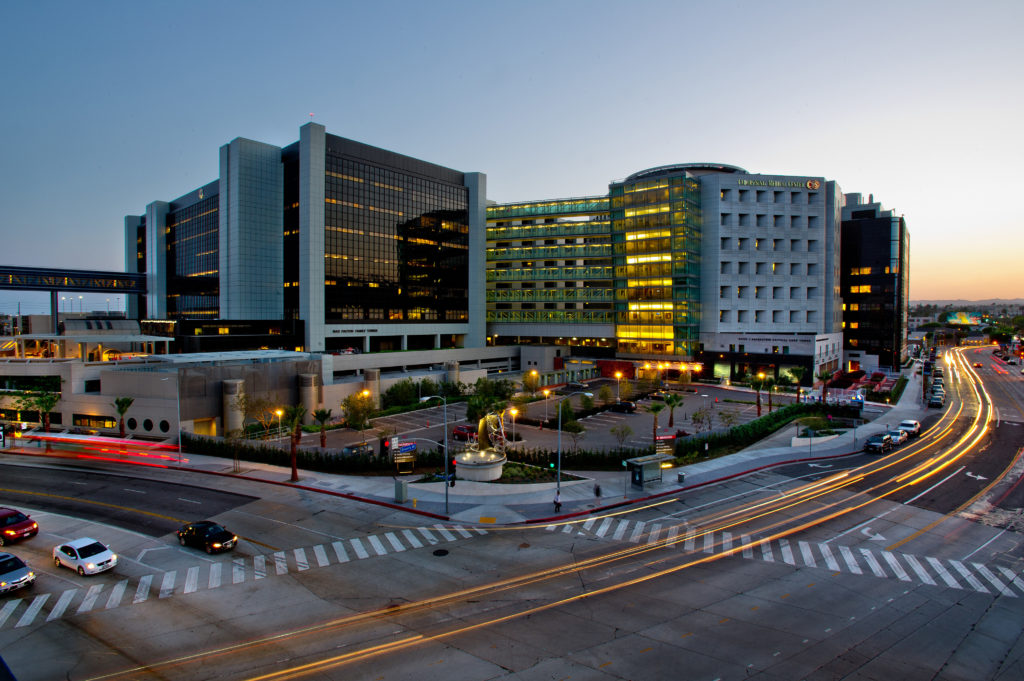
Research in the laboratory of Ritchie Ho, PhD aims to develop faithful models of late-onset diseases using human induced pluripotent stem cells (iPSCs) and in vivo, animal models by understanding and recapitulating how genetic and environmental conditions causing disease in older adults interact with intrinsic cellular aging pathways. Currently, no iPSC-differentiated tissues mature past the fetal state, limiting their capacity to recapitulate decades worth of in vivo pathological events leading to diseases in adults. This is a major challenge facing personalized and regenerative medicine. Dr. Ho’s prior work has explored how signaling and epigenetic factors regulate the transition between pluripotent, fetal, and adult cellular states, both in forward development and in reprogramming. His recent work has demonstrated that amyotrophic lateral sclerosis (ALS), a late-onset, neurodegenerative disease characterized by the death of motor neurons, preferentially disrupts neuronal maturation and aging gene expression networks, thereby expounding the latent nature of this devastating condition. The Ho Lab applies molecular, cell, and computational biology to gauge the fidelity of iPSC and animal models to in vivo human tissue physiology. The current goals of the lab are to 1) map the intersection of tissue and cell type-specific maturation and aging signatures to neurodegenerative signatures, 2) delineate conserved and divergent gene expression networks among human and rodent species, and 3) engineer strategies that can accelerate maturation, aging, and late-onset disease readouts in all systems. Faithful aging models will advance the development of predictive diagnostics and preventive therapies for individual patients predisposed to these diseases.

We are a research group in the Center for Neural Science and Medicine at Cedars-Sinai Medical Center in Los Angeles, California, with joint appointments in the Board of Governors Regenerative Medicine Institute, the Departments of Biomedical Sciences, and Neurology.